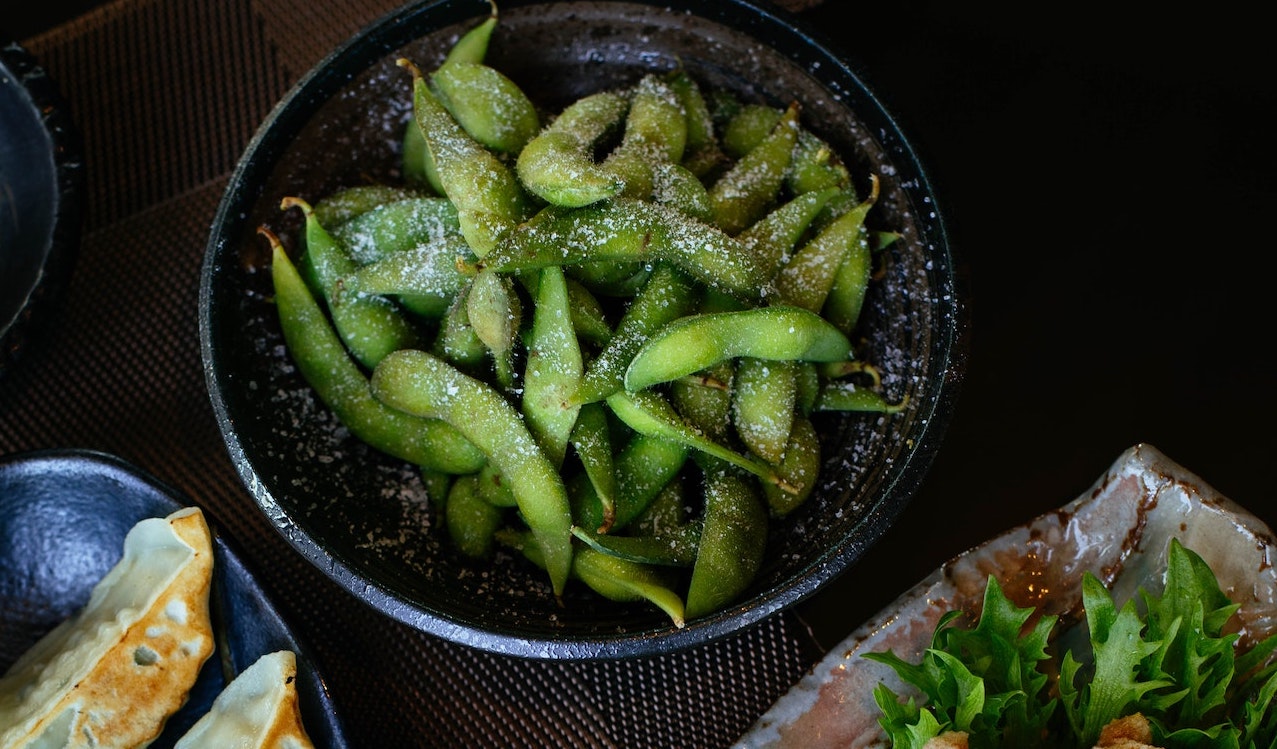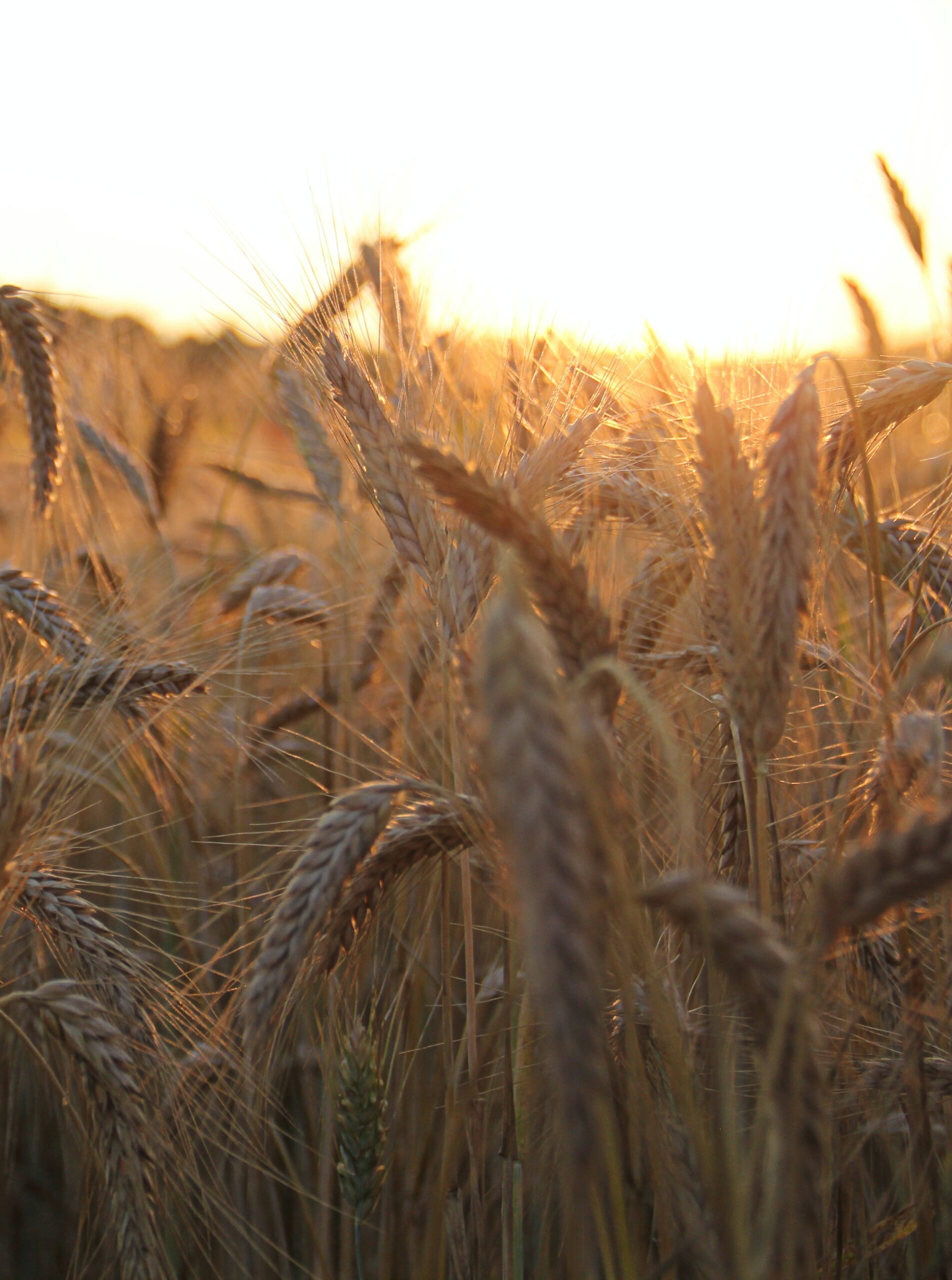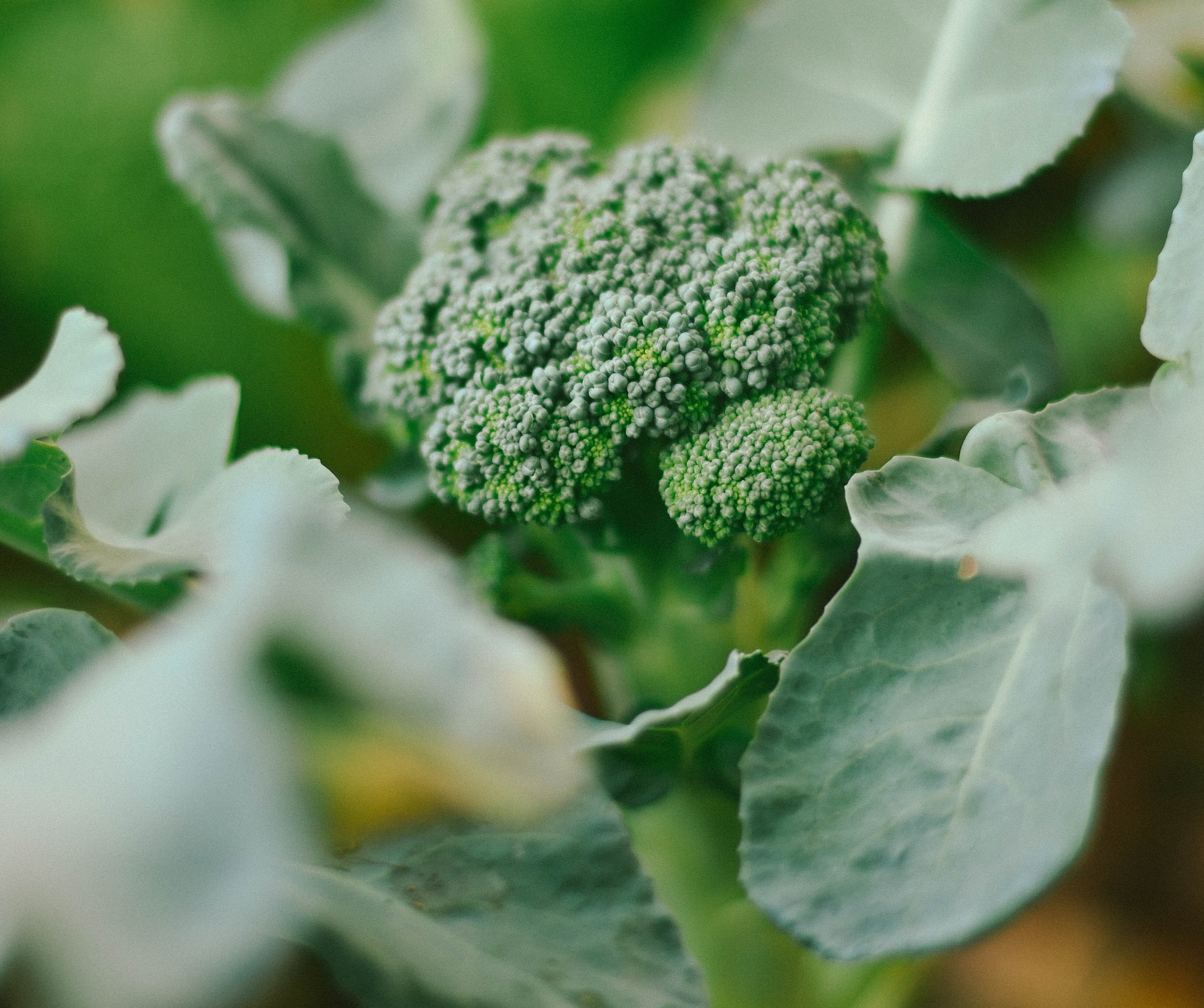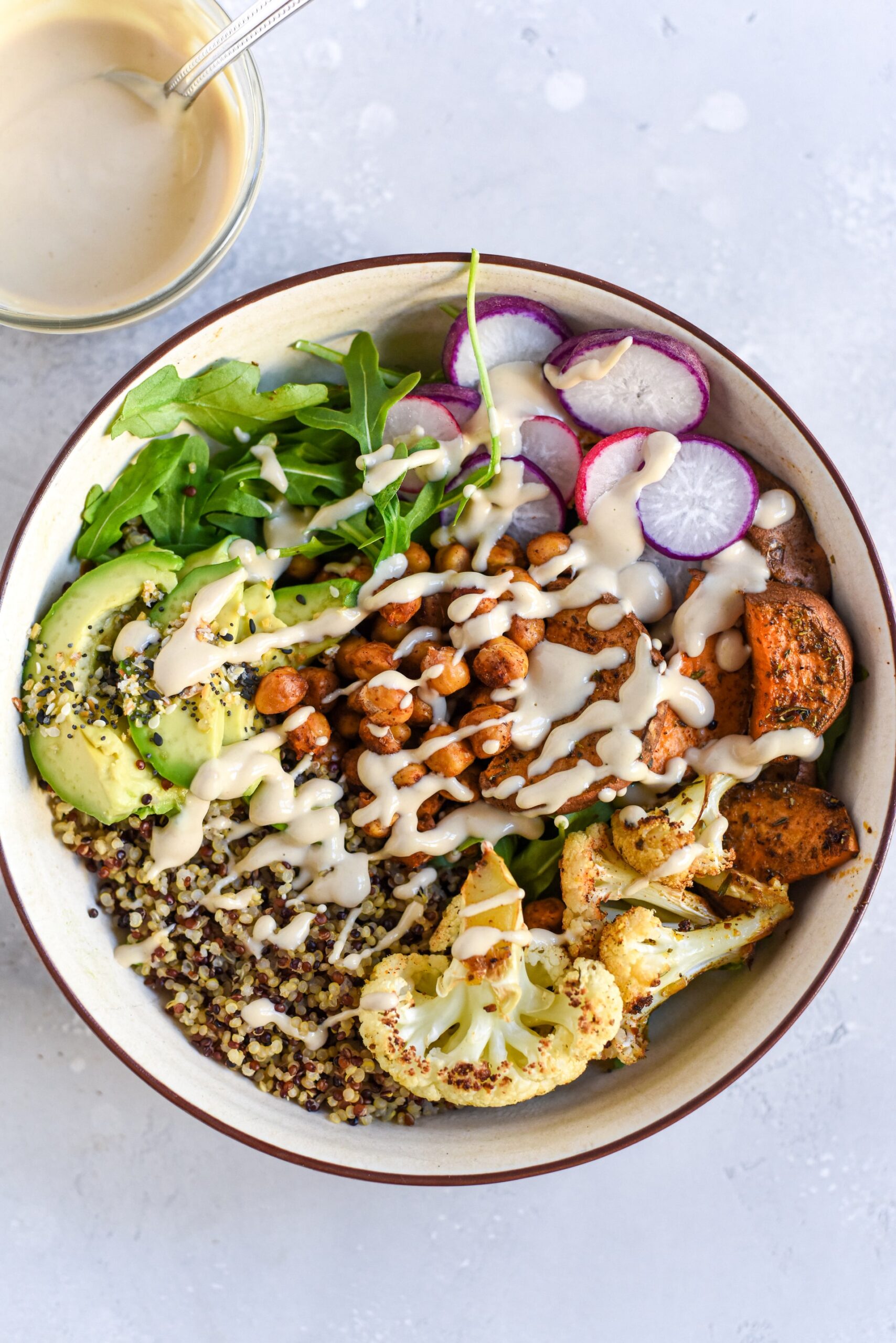
We recently had a ‘chat’ with ChatGPT about the advantages of a gluten free and vegan diet. Here’s what ChatGPT had to say… Continue reading A quick chat with ChatGPT

We recently had a ‘chat’ with ChatGPT about the advantages of a gluten free and vegan diet. Here’s what ChatGPT had to say… Continue reading A quick chat with ChatGPT
We’re somewhat overdue for an update for you, so without further ado let’s get into all the stuff that – we hope – will be of interest to you.
In a nutshell we have some news about…

Karen Murphy, University of South Australia
Soy is common in many Asian cuisines, and is growing more popular in Western countries as many people aim for predominantly plant-based diets. It offers many potential health benefits and is generally cheaper than meat. Continue reading Have you heard soy is linked to cancer risk or can ‘feminise’ men? Here’s what the science really says

UK supermarkets have removed “best before” dates on thousands of fresh food products in an effort to reduce food waste. Continue reading Why ‘best before’ food labelling is not best for the planet or your budget

Evangeline Mantzioris, University of South Australia
Most of you will have noticed hosting a dinner party is harder than it used to be. One friend is gluten-free, another is dairy-free, one can’t eat onion and two more are vegetarian. Are food intolerances increasing? Or do we just hear more about them now? Continue reading Why does everyone seem to have food intolerances these days?

Rochelle Embling, Swansea University and Laura Wilkinson, Swansea University
Edible seaweeds and algae – or sea vegetables – are a group of aquatic plants that are found in the ocean. Kelp, dulse, wakame and sea grapes are all types of seaweeds that are used in seaweed-based dishes. Continue reading Seaweed is high in vitamins and minerals – but that’s not the only reason westerners should eat more of it

Veganism is the practice of abstaining from the use of animal products, particularly in diet, and an associated philosophy that rejects the commodity status of animals. An individual who follows the diet or philosophy is known as a vegan. Distinctions may be made between several categories of veganism. Wikipedia
A plant-based diet is a diet consisting mostly or entirely of plant-based foods. Plant-based diets encompass a wide range of dietary patterns that contain low amounts of animal products and high amounts of plant products such as vegetables, fruits, whole grains, legumes, nuts and seeds. Wikipedia
Continue reading What’s the difference between the terms ‘vegan’ and ‘plant based’?
You walk into a restaurant, sit down and have a look at the menu. Let’s assume you’re gluten free and that’s it, so you look for a label or icon that says ‘GF’ and you immediately know what you can eat. Continue reading The confusing world of food icons on menus

Cody Watling, University of Oxford; Aurora Perez-Cornago, University of Oxford, and Tim Key, University of Oxford
This article is republished from The Conversation under a Creative Commons license. Read the original article.
A growing number of people are choosing to eat less meat. There are many reasons people may choose to make this shift, but health is often cited as a popular motive. Continue reading Vegetarian, pescatarian or low meat diets may reduce cancer risk – new research

In the past week we’ve made some changes to two of our popular cookies – the Italian Almond Cookie and the Coffee Cookie (aka the Espresso Coffee Cookie, now simply the ‘Coffee Cookie’). Continue reading Two of our cookies get a makeover, plus we relaunch the variety pack